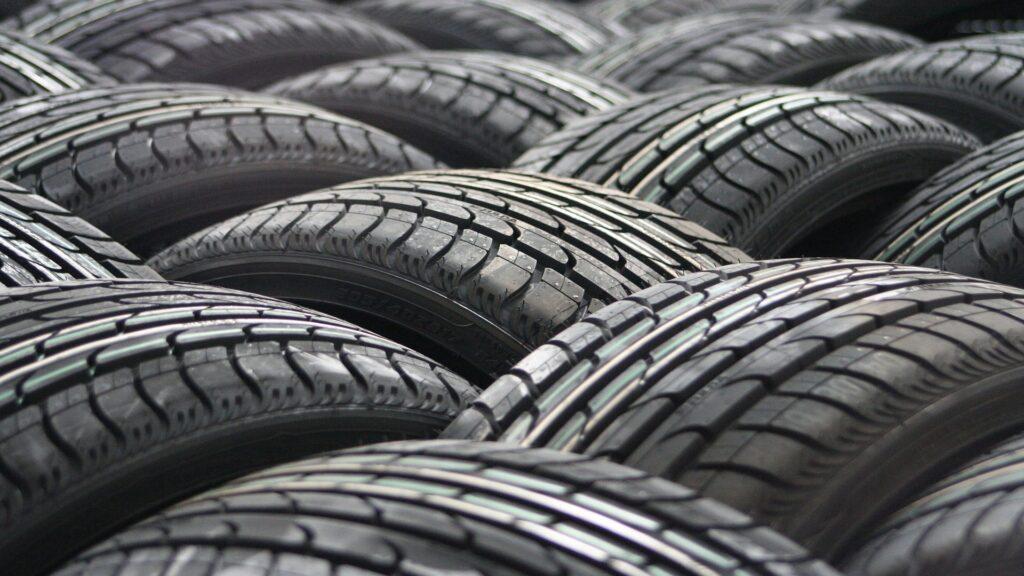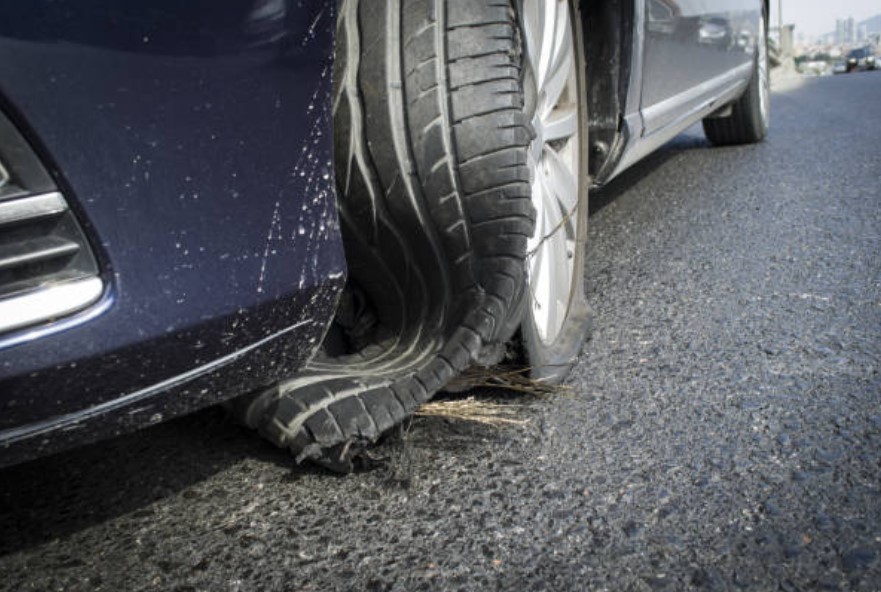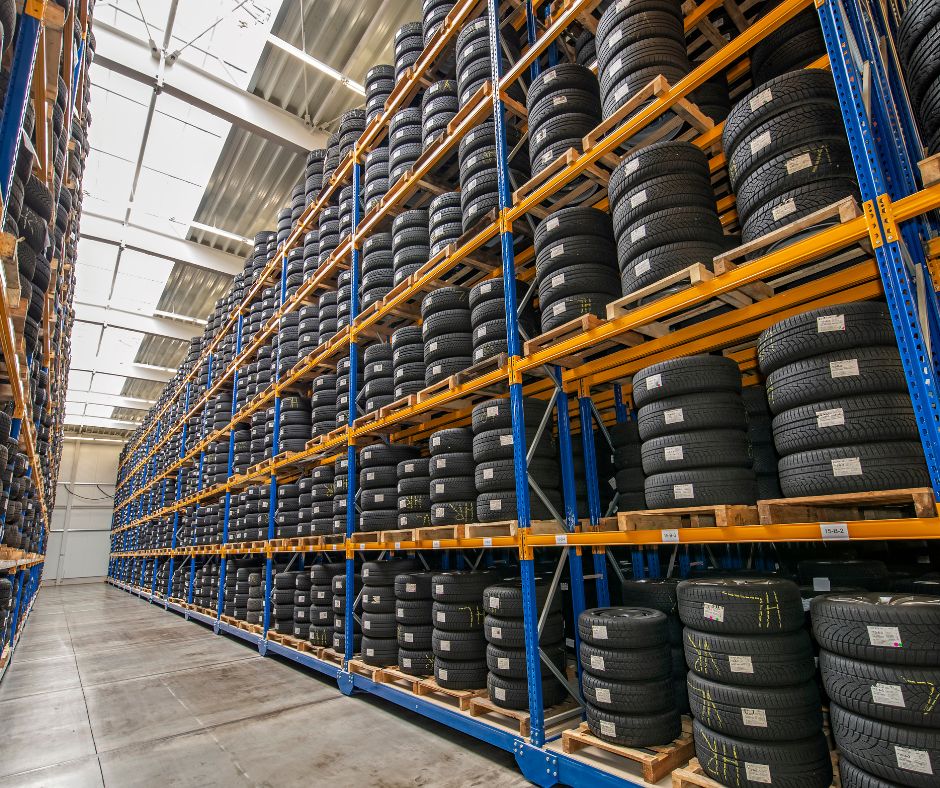A Complete Guide to Tyre Longevity
Your tyres are an essential component of your vehicle’s safety and performance and understanding how to make them last longer can save you money and ensure a smoother ride.
As specialists in all things tyres, Tyre Shop Online will cover the most common questions you need to know to extend the life of your tyres. Whether you are a seasoned driver or a new car owner, this guide will equip you with the knowledge and tools you need to keep your tyres in top shape and enjoy a safer, more comfortable ride.
How long do tyres last?
How long tyres last depends on a combination of factors such as road conditions, weather, driving habits and how much care that’s is put into the tyres. The average tyre can last over 40,000km for standard vehicle use. However, keep in mind that even with proper maintenance, all tyres will eventually wear out and need to be replaced.
If unsure always seek professional advice on whether it is time to replace your tyres.
What are the things that can affect the tyre’s lifespan?
There are many factors that affect the tyre’s lifespan, including general tyre wear and tear, the weight of the vehicle, driving style, uneven tread, tyre pressure and wheel alignment. Check your tyres regularly to ensure some of the factors are correctly maintained for tyre longevity.
What are some signs my tyres need replacing?
Common signs of ageing in tyres include – cracks or bulging, often caused by exposure to weather elements, air pressure issues, worn tyre tread, and if your tyres are older than 5 years. The tread depth is crucial to ensure adequate traction on the road.
In NZ, the minimum legal depth is 1.5mm but the more tread you have the better grip and safer you will be. Want to learn more about tyre safety? Read our blog The Basic of Tyre Safety.
How often should I replace my car tyres?
Tyres will wear out with regular use and ageing. Additionally, if you frequently drive in harsh conditions or have a long commute, you may need to have your tyres replaced more frequently than someone who drives less often or in milder conditions.
How can I check the age of my tyres?
The manufacturing date can be found on the sidewall of your tyre. There is generally a four digit code, the first two digits represent the week it was manufactured, and the second two digits represent the year it was manufactured. Tyres can deteriorate over time, even if they have not been used extensively.
How old is too old for tyres?
Determining the ideal age for tyres is not solely based on the number of years they’ve been in use. It’s essential to consider factors such as tread wear, usage, and the specific type of tyres. Generally, tyres that have reached a point where their tread depth is near the legal minimum, or they show signs of cracking or other wear, should be replaced. Regularly checking the condition of your tyres is the key to ensuring safety on the road.
Need a new tyre for your vehicle? Check our full range of tyres at Tyre Shop Online.
Read our blog to learn about the tips and tricks of maximising your tyre’s life.
Happy driving!

Don’t Stop Here
More To Explore
Tyre Blowout? Stay in Control!
A tyre blowout can happen to anyone, but knowing how to handle it makes all…
Do Tyres Have an Expiry Date?
When it comes to the safety of your vehicle, tyres play an important role. But…
Why Good Tyres Matter for Safe School Runs
The school season is here, and for many Kiwi families, that means daily trips through…



